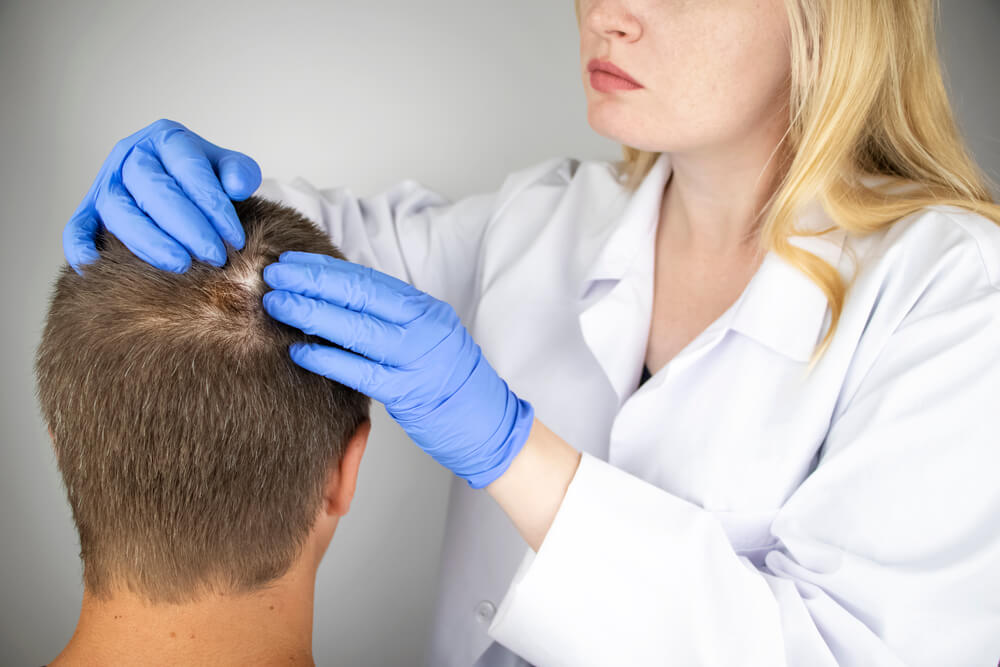Seborrhea, also termed as seborrheic dermatitis, is a common skin disease that primarily affects the scalp. It causes scaly spots, red skin, stubborn dandruff, and affects the side of the nose, face, eyebrows, eyelids, ears, and chest.
The exact cause of seborrhea is unknown. Experts believe that it is caused by yeast, irregular immune system, irregular response, stress, genes, cold and dry weather, and certain medical conditions.


